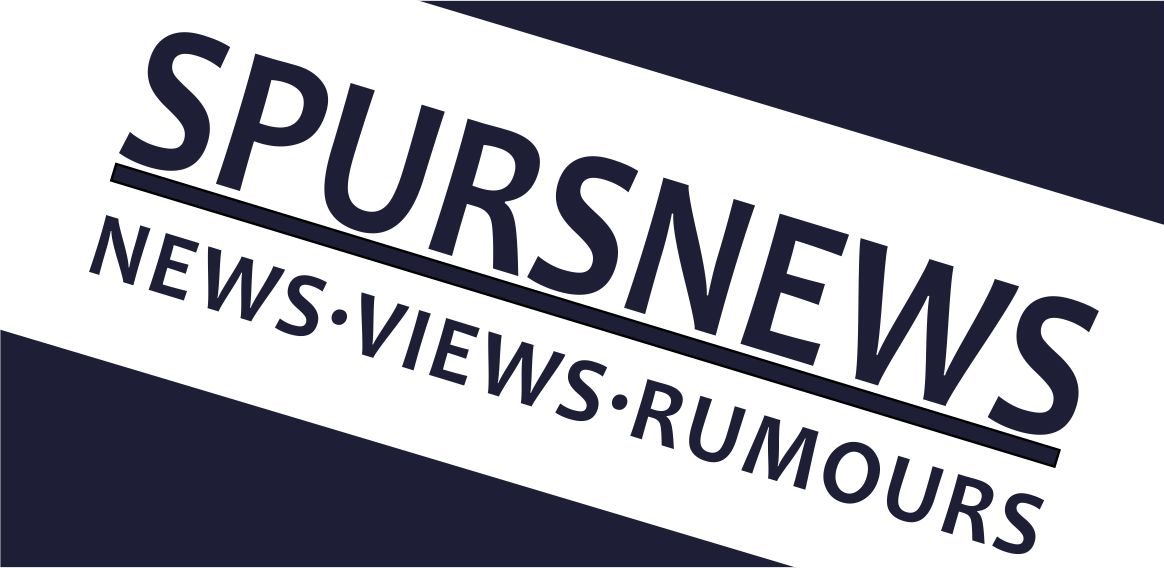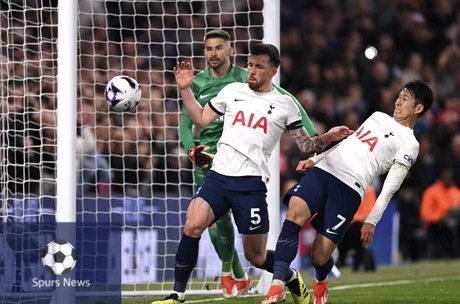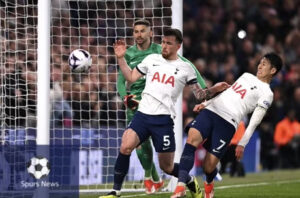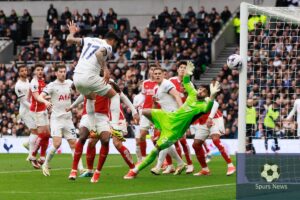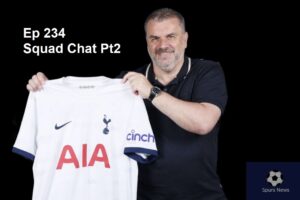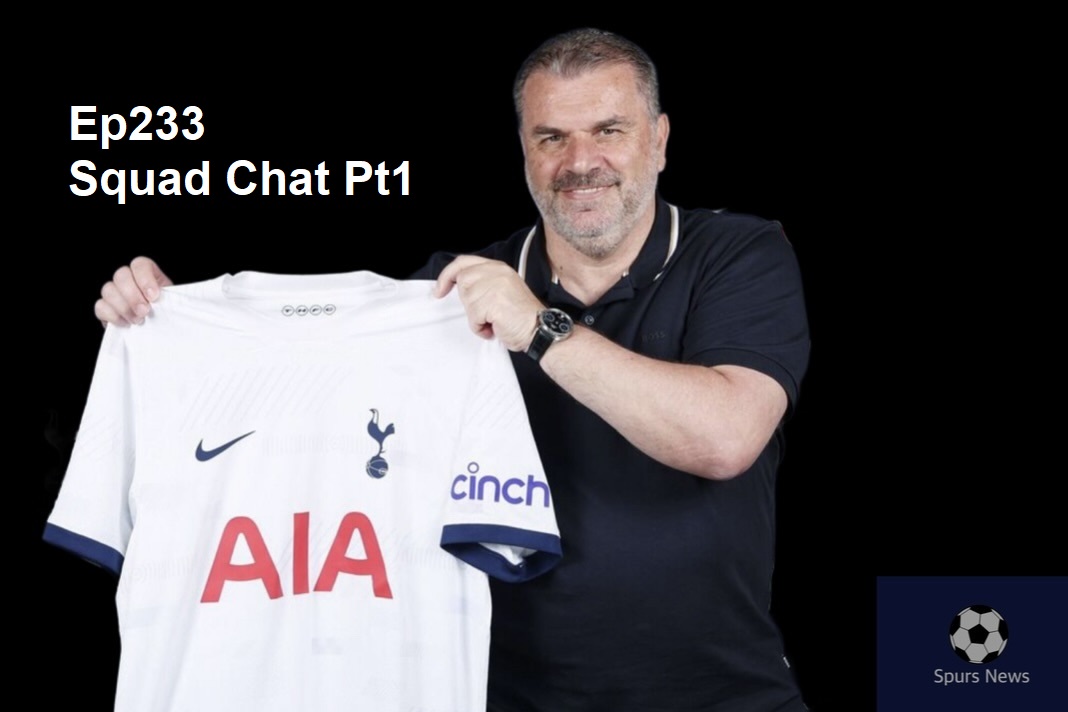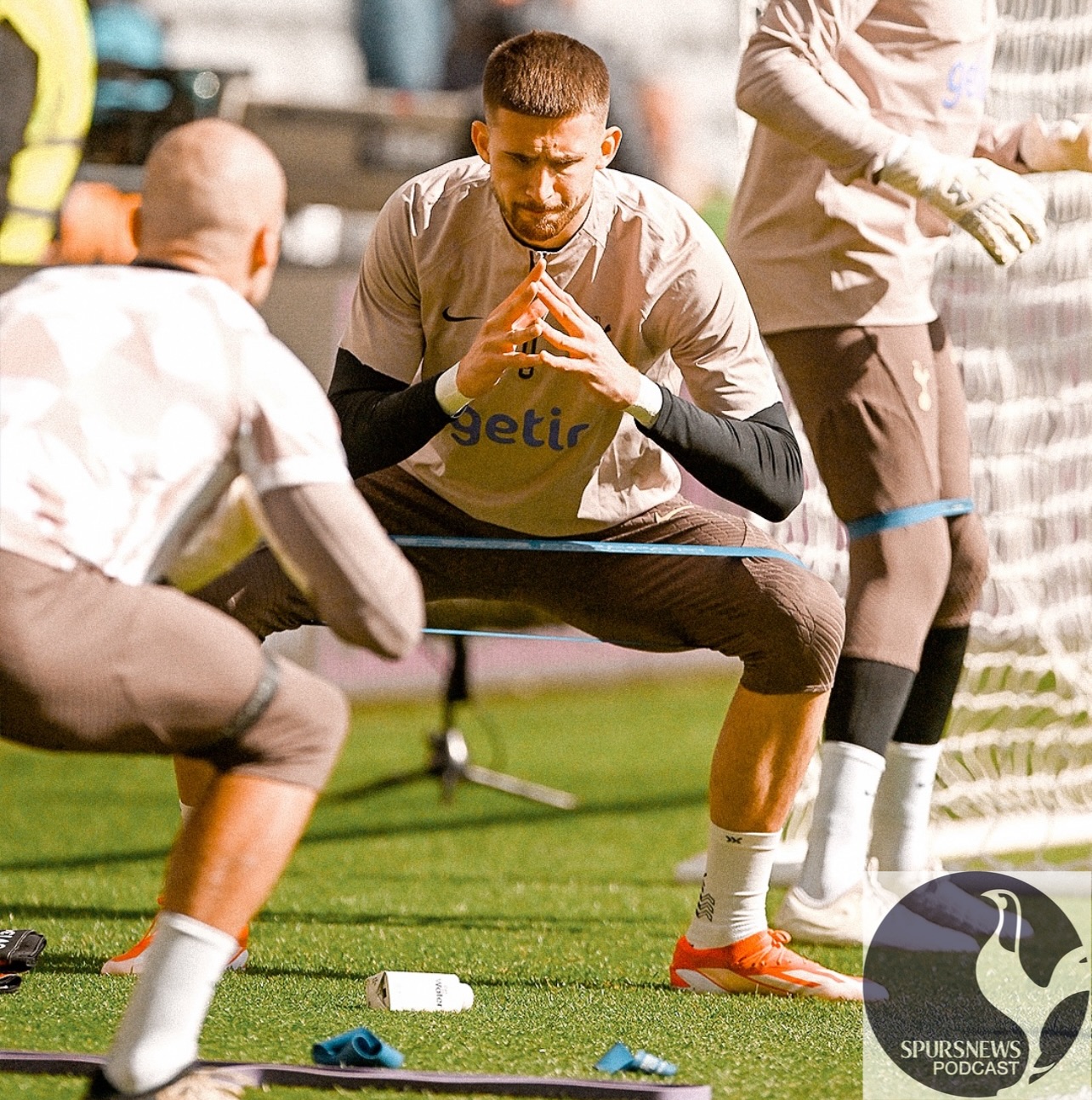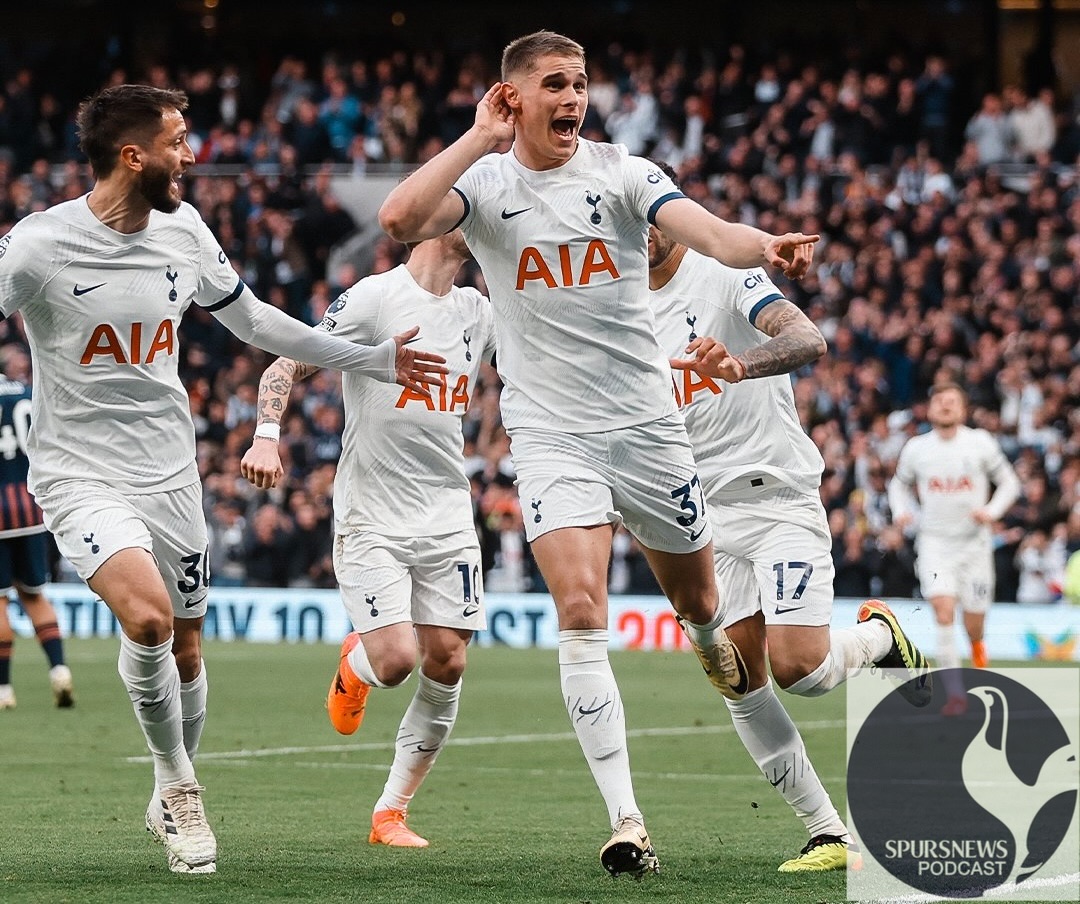Tottenham Hotspur have a new chief football officer in the shape of Scott Munn who will start working at the north London club this summer.
Spurs confirmed that the Australian will be joining the club’s board and will take charge of all footballing departments, in essence becoming chairman Daniel Levy’s number two. They stated that “there has been an ongoing review over the past six months of all of our footballing activities, changes have been made and further improvements continue to ensure future progress and competitiveness”.
Munn has extensive experience within various sports, having started his career with the Sydney Organising Committee for the 2000 Olympic Games, then transitioning into the National Rugby League, before joining the Australia Football League. He joined Melbourne City FC (then Melbourne Heart) as CEO in 2010 and then in 2019 was appointed to a similar role in leading City Football Group China.
Munn has experience in building clubs from the ground up, having done so in the AFL and then with Melbourne Heart but he faces a new challenge in his first post in European football as he looks to take Spurs to the next level.
It’s time to take a look at everything we could find on what Munn has said about football and what others have said about him.
What Munn has said:
Why he switched to working in football from the AFL: “I was drawn across by a combination of factors. The level of work already completed by our board and the FFA (Football Australia) prior to my arrival was quite substantial and very impressive, while the allure of a truly international world game was extremely enticing.”
On starting as CEO in the newly-formed Melbourne Heart in 2010 (before the City Group took it over): “We were operating out of Adriatic Furniture offices in Richmond (he laughs). Looking back now it was an amazing time and those at the club will never forget but It certainly wasn’t glamorous. We were based at Latrobe University from the start, but in a heavy winter it would flood and we had to find somewhere else to train. It’s a long way from then to now.”
On building the club from scratch: “I think the entire process is difficult. Certainly from my perspective, I was very mindful of pulling together a highly respected and credentialed football department, and I think we have an absolute market leader there, that hopefully can compete on the field with some great clubs.
“I heard recently, one of the clubs said they were the best club, the most successful club. We certainly don’t see ourselves in that light, but we are keen to be competitive and set some high internal standards, and we think we have achieved that with all of our coaching appointments.”
Building a fanbase: “First and foremost, one of our main objectives is to grow the level of football support in Australia, it’s not about taking [their rivals] Victory fans. That doesn’t make any sense to us whatsoever. I want more people going to football, more people playing, more mums and dads getting their kids involved, that’s what’s important to us.
“When we look at Victory, and we have to because a) they are a competitor and b) they are the market leader in every measure and we would be foolish not to look at them, but what is important for us is to ensure we do get the new fans on board, those fans that haven’t engaged Victory, and then the second one is we actually provide a point of difference.”
On the City Group taking over the club in 2013: ”I expected everyone would lose their jobs, me included. We were called into Crown, we were meeting Simon Pearce (City’s vice chairman), Ferran Soriano (Manchester City’s CEO) and Brian Marwood (now CFG’s managing director, Global Football). We got up there, and they asked us one question each. ‘What keeps you awake at night?’
“The financial controller, Paul Jeffery, said ‘I’ve got no cash’. They said we will be put money in the bank tomorrow. JD said ‘we have finished second last, we have sold all our best players.’ They said no problems, we turn football clubs around, we will fix the list.
“Brad Rowse (now Melbourne City’s CEO) said ‘Westpac have just announced they are reducing their sponsorship and so we don’t have a major sponsor.’ ‘They said, no problems, we think we can talk to Nike and Etihad. They then turned to me and I said ‘if you can fix those problems I don’t actually have any problems at all.'”
On running Melbourne City: “Our aspirations are to win trophies and play good football, but we are under no illusions, winning it every year is very difficult. We want to be competitive and always pushing for silverware.”
On interacting with the fans after his move to China: “Football is passion in China, which has amazing football fans. If you are in the business of football around the world, you have to be in China.
“Most importantly, we interact with our supporter groups, so we have 18 official supporter groups across all of China. We have many VIPs and fans coming from all over China. So it’s a great way to celebrate lifting the trophy.
“Every way that we interact is with the fans in mind. We want to make them more connected. We want to make sure that they understand what the club is about.”
Bringing Manchester City and the group to Chinese supporters: “Our fans are at the heart of our football clubs. We’ve been actively engaging with Chinese fans and bringing them closer to the club. We do a lot of local interactions face to face. The team has been here twice in the last five years. We have played many games in many different cities, but also we don’t just focus on one city. So Shenzhen today, next week we are in Guangzhou. Two weeks ago, we were in Shanghai, in Chengdu before that. We did an amazing project this year.”
What others have said about him:
Daniel Levy: “Scott has a unique and broad experience of running sporting organisations at the highest level and will take responsibility for the leadership and management of our football activities to instil best practice both on and off the pitch.”
The City Group statement in 2019 on Munn when he was promoted to head up their China section: “Scott has served for 10 years as CEO of Melbourne City FC, providing skilful leadership and having overseen significant change, most notably following the acquisition of then Melbourne Heart by CFG in 2014.
“He has driven substantial growth across the sporting and commercial arms of the organisation, with ever improving results on the field, including the men’s first ever silverware in 2016 and back-to-back championships for the women’s team.
“Furthermore, he has been a steadfast champion of the club’s fan and community engagement, and oversaw the construction of the City Football Academy facility, and the foundation of the women’s team, during his tenure.”
Australian Masterchef star George Calombaris after Munn tweeted a screenshot to him of his team (rivals Melbourne Victory’s) 5-0 defeat to Wellington Phoenix, saying “thought you would like this” and “in some cultures 5 is a lucky number”: “Can’t believe ur a CEO of a club and u take the piss out of another. Fish rots from the head down.”
The Australian Associated Press on Munn’s departure from Melbourne: “The diminutive executive was the inaugural leader of Melbourne Heart when they were admitted to the league in 2010, remaining in the role after a takeover by the Manchester City-aligned football conglomerate.
“Under his leadership, the A-League side won the 2016 FFA Cup but failed to reach an A-League grand final. They have also struggled to create a footprint in Melbourne, averaging less than 10,000 people to games.
“In contrast, the W-League side transformed the women’s game in Australia, winning the championship in their first three seasons.”
FTBL.com on Munn’s time trying to build the Melbourne club from scratch: “Munn has been in the role since the launch of the A-League club 10 years ago and survived the takeover and rebranding when Melbourne Heart became Melbourne City after it was bought by City Football Group.
“Although the club has struggled to make inroads with fans and attendance numbers, it’s been hailed as a financial success by its Abu Dhabi-based owners. The sale of Aaron Mooy alone covered the entire cost of buying the club’s licence for CFG.”
The Sydney Morning Herald on Munn: “Few Aussie executives have scaled such heights in the European club game as Munn, who began his sports management career with the organising committee for the Sydney 2000 Olympics and then joined the NRL in a commercial role.
“Munn later moved to the AFL and spearheaded the league’s expansion efforts into the Gold Coast, serving as “GC17” project general manager but departing prior to the Suns’ first game in 2011 to move into soccer.
“Munn was at the helm of Melbourne City for their maiden Australia Cup triumph in 2016 and hat-trick of women’s grand final wins between 2016-18 before moving to China, where CFG is minority owner of Sichuan Jiuniu in the tier below the Chinese Super League.”
(Football London)
